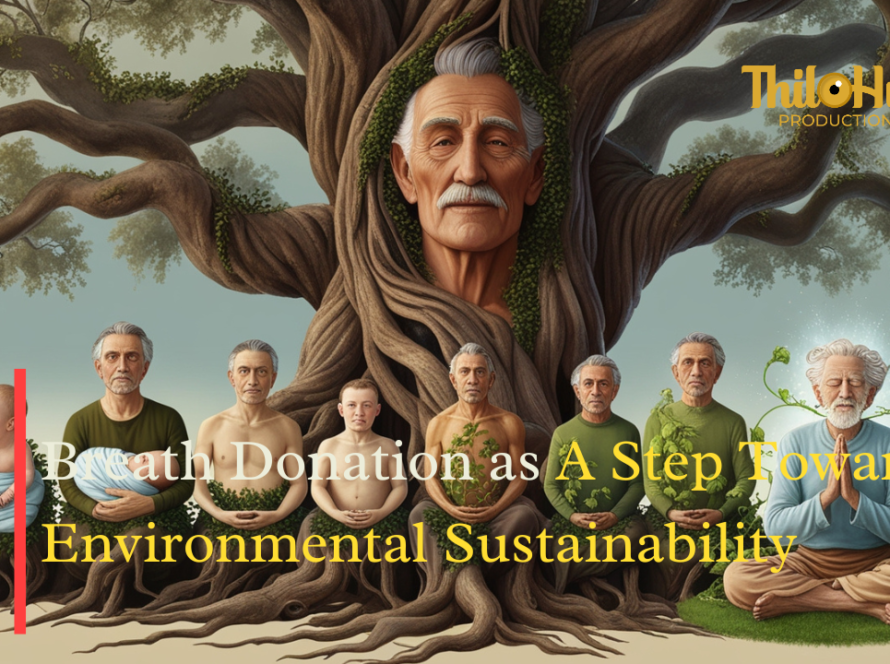Love and sex in Asia are deeply influenced by cultural, religious, and social factors that vary across regions. The diversity within the continent means that perceptions of relationships, intimacy, and sexuality are shaped by history, traditions, and evolving modern influences.
In many Asian societies, love has historically been intertwined with duty, family expectations, and societal norms. Arranged marriages, for example, remain a significant aspect of life in countries like India, Pakistan, and China. While love marriages are gaining acceptance, many still find themselves navigating parental influence and social pressures. In countries such as Japan and South Korea, where individualism is slowly rising, younger generations are redefining romantic relationships, often delaying marriage and prioritizing careers over traditional expectations.
Sexuality in Asia is complex and varies significantly between regions. Many conservative societies, particularly in South and Southeast Asia, emphasize modesty and restrict open discussions about sex. Premarital sex is frowned upon in many cultures, and virginity remains a crucial factor in marriage for women in certain communities. However, globalization, urbanization, and digital media have contributed to shifts in sexual behavior, particularly among younger generations. In major cities like Bangkok, Shanghai, and Mumbai, dating apps and social media have facilitated casual relationships and new ways of exploring intimacy.
The LGBTQ+ community in Asia faces unique challenges. While some countries, such as Taiwan and Nepal, have taken progressive steps toward LGBTQ+ rights, others continue to criminalize or stigmatize same-sex relationships. Traditional gender roles and conservative laws often make it difficult for individuals to openly express their sexual identities. Despite this, underground LGBTQ+ communities thrive, particularly in urban areas where acceptance is growing.
Religious beliefs also play a crucial role in shaping attitudes toward love and sex. In predominantly Muslim countries like Indonesia and Malaysia, strict moral codes regulate public displays of affection and personal relationships. In contrast, Hinduism and Buddhism have historical texts that discuss love and sexuality more openly, yet societal norms in predominantly Hindu and Buddhist countries remain largely conservative.
Prostitution and sex work are controversial issues in Asia. While some countries, such as Thailand and the Philippines, have thriving sex industries driven by tourism and economic disparity, others enforce strict anti-prostitution laws. Human trafficking remains a significant concern in parts of the continent, with vulnerable individuals being exploited due to poverty and lack of legal protections.
Technology has transformed dating and relationships in Asia. The rise of online dating platforms has altered how people connect, particularly in countries where arranged marriages and traditional courtship were once the norm. Apps like Tinder, Bumble, and regional platforms like Tantan in China and Pairs in Japan have created opportunities for people to form relationships beyond their immediate social circles. However, this shift has also led to concerns about commitment, casual dating, and changing values surrounding long-term relationships.
The impact of modernity on love and sex in Asia is undeniable. While traditional values persist, urbanization, increased education, and exposure to global influences are redefining how relationships function. As societies continue to evolve, the balance between tradition and modern perspectives will shape the future of love and sexuality across the continent.



